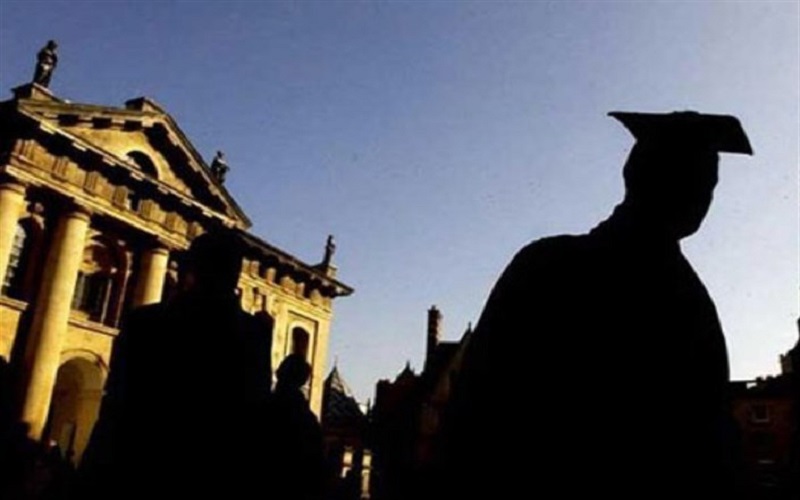
Similar Posts
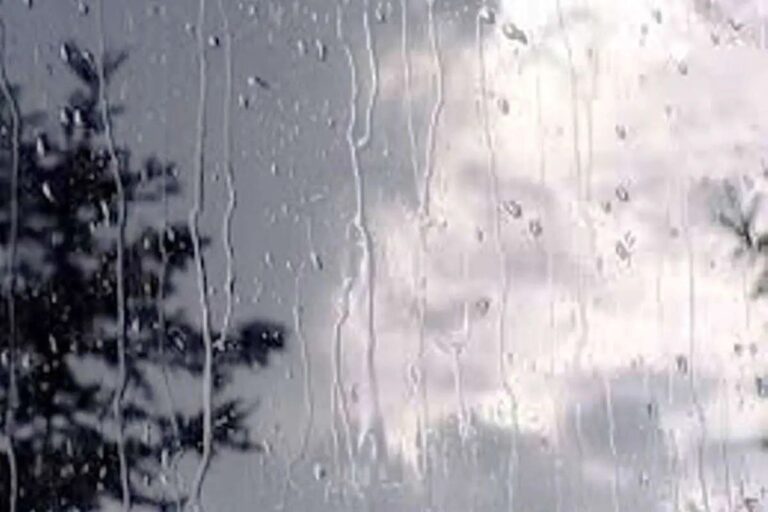
Rainfall Plummets: A 42% Decline Shakes Weather Patterns
Iran’s rainfall from September 23, 2024, to February 28, 2025, totaled only 78.8 mm, a 42.9% decline from the long-term average of 137.9 mm, highlighting severe water scarcity issues. Recent data shows just 3 mm of rain in the last week, a 57.4% decrease compared to the average. Winter rainfall is 44.9 mm, 43% less than normal. Kohgiluyeh–Boyerahmad province suffered a 73% decrease in rainfall, while Tehran saw a 39.8% decline. Despite a slight increase in some provinces, the overall situation calls for urgent water management strategies and conservation efforts to combat ongoing drought conditions.
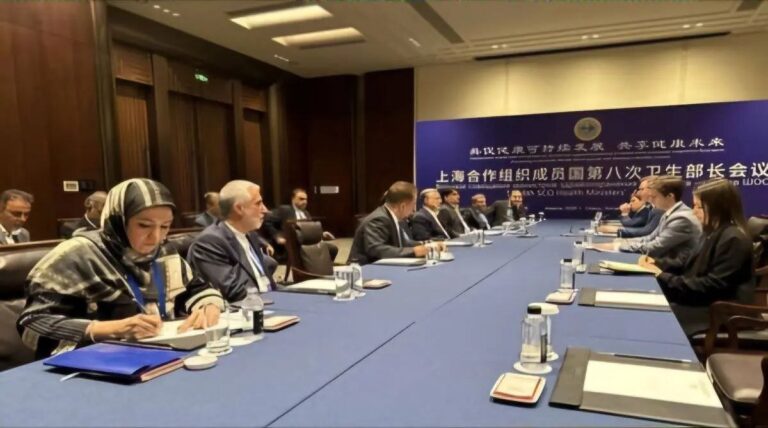
Tehran and Moscow Engage in Strategic Talks to Boost Health Cooperation
Iranian Health Minister Mohammad-Reza Zafarqandi met with Russia’s Deputy Health Minister Oleg Salagay during the Shanghai Cooperation Organization’s health ministries gathering in Xi’an, China, to strengthen healthcare collaboration. They discussed enhancing ties in areas such as joint activities on diseases, pharmaceutical production, modern health technologies, and education standards. Salagay emphasized the need for university collaborations, including student exchanges, while Zafarqandi outlined key initiatives to improve health system management and promote healthy lifestyles. This dialogue follows the Treaty on the Comprehensive Strategic Partnership, aiming to foster long-term partnerships in health, education, and research between Iran and Russia.
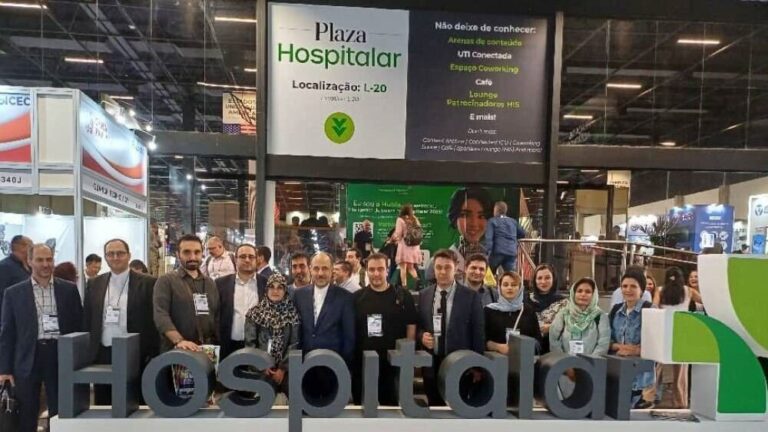
Top Knowledge-Based Companies Showcase Innovations at Hospitalar 2025
Iran is advancing in the healthcare sector, particularly in medical equipment production and export. At the 30th Hospitalar event in Sao Paulo, nine Iranian knowledge-based firms showcased innovations, including dental implants, telemedicine solutions, and AI platforms. The event featured 1,200 exhibitors from over 80 countries, fostering networking and collaboration. Iran aims for self-sufficiency in medical supplies, with over 70% of its medical equipment produced domestically. Currently, Iran exports approximately $20 million in medical equipment annually to over 60 countries. The country’s 600 active medical equipment companies are crucial in supplying nearly 99% of domestic medicine, enhancing global market presence.
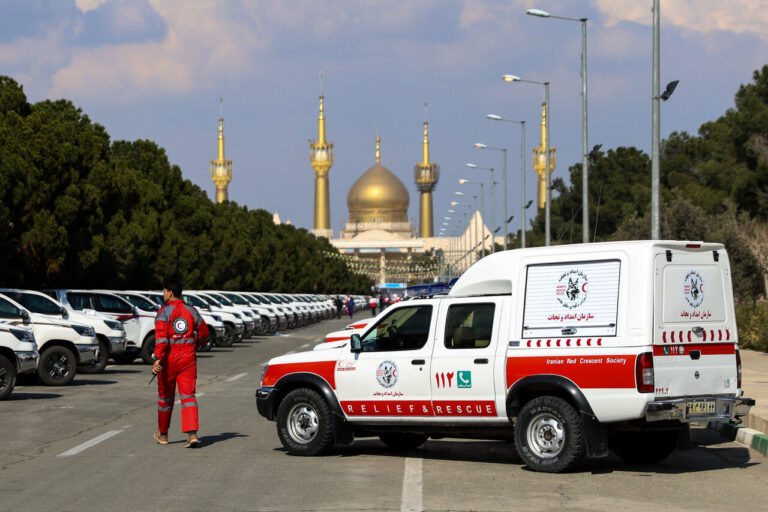
IRCS Gears Up for Spectacular Nowruz Services: Celebrating Tradition and Community!
The Iranian Red Crescent Society conducted a crucial drill to enhance their emergency services ahead of the Nowruz holidays, celebrated on March 21. This period sees increased travel, prompting the need for timely medical assistance. The drill included simulations to assess response times, improve coordination, and strategize logistical planning. Key objectives also involved familiarizing personnel with communication protocols and engaging local communities through workshops and informational pamphlets. The successful exercise highlighted increased readiness and teamwork, ensuring that the Red Crescent teams are well-prepared to support travelers during the festive season, reinforcing their commitment to public safety and health.
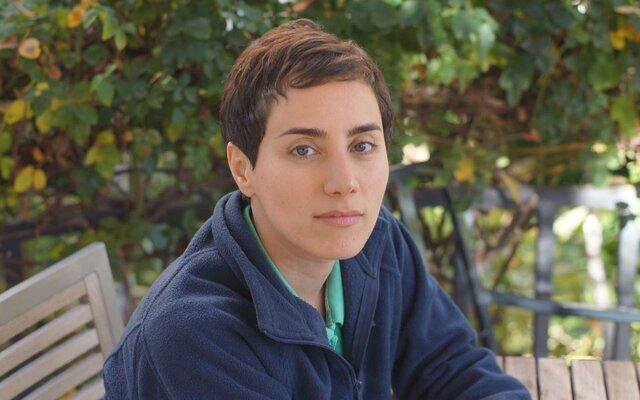
Maryam Mirzakhani: Inspiring a New Generation of Iranian Girls in Science
Maryam Mirzakhani, a pioneering Iranian mathematician, remains an inspiration for aspiring mathematicians globally. In her honor, May 12 has been declared International Women in Mathematics Day by Iranian government spokeswoman Fatemeh Mohajerani. Mirzakhani, born in Tehran in 1977, achieved numerous accolades, including gold medals in Iran’s Mathematical Olympiad, a PhD from Harvard, and became the first woman to win the Fields Medal in 2014. Despite her passing from cancer in 2017, her legacy endures, exemplified by the Maryam Mirzakhani Scholarships at the University of Oxford, which support female mathematicians. Her story underscores the importance of perseverance and gender equality in STEM fields.
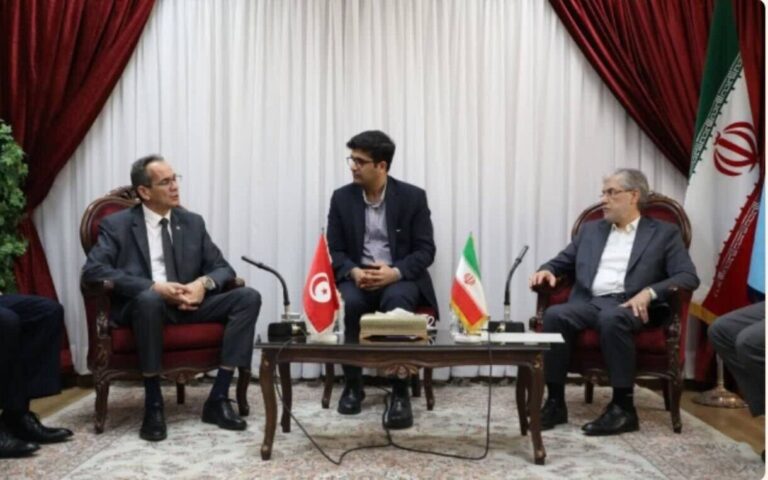
Tehran Expands Technological Cooperation with Tunisia and Jakarta for Enhanced Innovation
At the recent OIC-15 Ministerial Meeting in Tehran, Iran’s Science Minister Hossein Simaei-Sarraf discussed enhancing scientific collaboration with Indonesia and Tunisia. Indonesian Minister Brian Yuliarto explored Iran’s tech achievements and expressed interest in joint research in AI, biotechnology, and medical equipment. Both countries agreed to exchange professors and establish joint technology parks. In meetings with Tunisian Minister Mondher Belaid, Simaei-Sarraf proposed offering scholarships to Tunisian students and facilitating academic exchanges. The event focused on AI’s role in higher education and aimed to forge partnerships among Islamic nations, ultimately enhancing their scientific and technological capabilities.